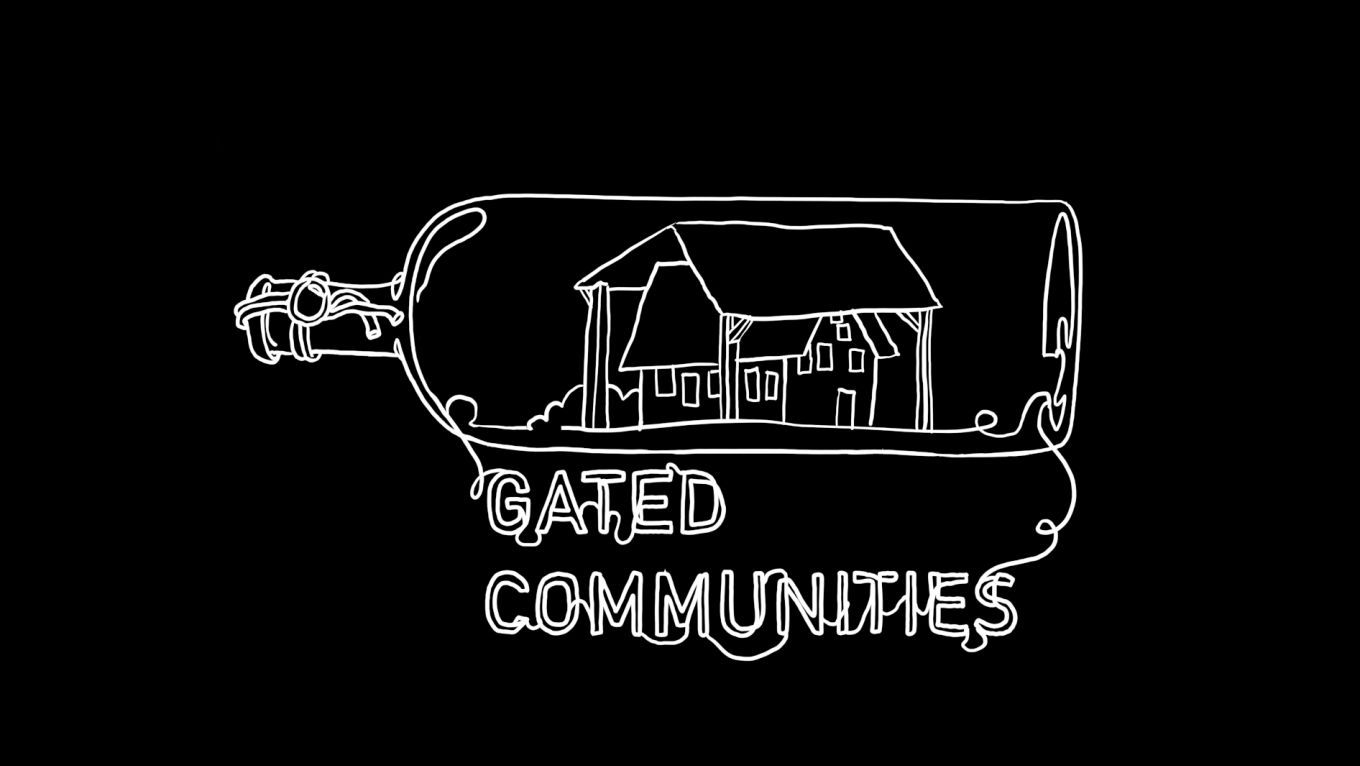Science
Quantenphysik und Kosmologie
Eine Einführung für blutige Anfänger
Unsere Welt ist nach allem was wir heute wissen im kleinsten Massstab völlig bizarr aufgebaut und im grössten also im kosmologischen Massstab besteht sie ziemlich genau aus nichts. Wie hängt das zusammen und was hat das mit dunkler Materie und dunkler Energie zu tun und was zum Geier ist eigentlich die "spukhafte Fernwirkung" von der Einstein damals sprach und warum hat bis heute keiner so recht verstanden wie das alles zusammenpasst?
Hast du schon mal davon gehört, dass die Quantenphysik irgendwie schräg ist, hast dich da aber noch nicht ran getraut, obwohl du das gerne besser verstehen wollen würdest? Denkst du manchmal drüber nach, wie zum Geier das komplette Universum mit allen Sternen und Planeten ganz früher mal in einen Tischtennisball oder sogar noch was kleineres gepasst haben soll? Hast du schon mal davon gehört, dass ein Proton angeblich aus drei Quarks besteht und denkst, "jaja, ihr könnt mir viel erzählen". Und klinkt sich dein Vorstellungsvermögen aus, wenn du versuchst dir so was wie ein "schwarzes Loch" vorzustellen, das unendlich klein sein soll und dabei unendlich schwer? Dann bist du hier genau richtig. Ich will dir ohne wesentliche Vorkenntnisse vorauszusetzen im Grossen und Ganzen den Zusammenhang näher bringen, deine Faszination für das Thema wecken oder füttern und dir Mut machen, dich weiter damit zu beschäftigen. Du darfst hier Fragen stellen, dich wundern, zweifeln und irritiert sein.
Wenn du an Quantenheilung, Vortex Atome und holistische Quanten-Kinesiologie glaubst, dann bist du herzlich willkommen um zu lernen, dass das mit Quantenphysik nichts, aber auch wirklich gar nichts zu tun hat, aber sei bitte nicht enttäuscht, wenn ich auf diese Themen nicht eingehe. Eine Stunde ist viel zu Kurz um zusätzlich eine Einführung in die Prinzipien der Wissenschaft zu halten.
Wenn du aber schon mal die Schrödingergleichung hergeleitet hast oder gerne über die Vorteile der M-Theorie gegenüber der Super-Stringtheorie schwadronieren möchtest oder wenn du diskutieren möchtest, ob es vielleicht auch noch ein Typ 3 Weyl Fermion geben kann, dann langweilst du dich hier vermutlich, das können wir dann ja gerne ein anderes mal machen ;-)
Die Quantenphysik und Einsteins Relativitätstheorie haben eine über hundert Jahre alte Geschichte und sie passen bis heute nicht vernünftig zusammen. Und einige Aspekte der Debatte fanden schon bei den alten Philosophen ihren Anfang. Wo das Problem liegt, was an der Quantenphysik zu verrückt ist und warum das was mit der Entstehung unseres Universum zu tun hat und was so alles daraus folgt will ich versuchen möglichst für Laien verständlich zu erzählen.
Weitere Infos
| Format | lecture |
|---|---|
| Sprache | Deutsch |
Weitere Sessions
| 27.12.15 |
What does the fact that Tor users can’t edit wikipedia mean for the quality of the ``encyclopedia that anyone can edit?’’ How do captchas and blocking of anonymity services affect the experiences of Tor users when they are trying to contribute content? This talk will discuss the increasing limitations of active participation in the anonymous Internet and the findings of our interview study of Tor users and wikipedia editors concerning these issues. We believe that by understanding the ...
|
| 27.12.15 |
The REXUS/BEXUS programme allows students from universities and higher education colleges across Europe to carry out scientific and technological experiments on research rockets and balloons. Each year, two rockets and two balloons are launched, carrying up to 20 experiments designed and built by student teams. By reference of two experiments we were involved in, we will explain the way from the experiment idea to the launch and test of it.
|
| 27.12.15 |
Several years ago, the Great Firewall of China was silently upgraded to find and block circumvention servers that employ encryption to defeat deep packet inspection. The system is now used to block protocols such as Tor, SoftEther, and SSH. In this talk, we will give an overview of how this system works, and how it can be circumvented.
|
| 27.12.15 |
Light of astronomical objects gets distorted as it passes earth’s atmosphere. Adaptive optics can correct this distortion and create images that are as sharp as those taken in space. The correction needs a bright reference star. If there is no such star nearby, an artificial Laser Guide Star can be created in the upper atmosphere.
|
| 28.12.15 |
In my talk I am 1) discussing philosophical concepts of privacy, especially Hannah Arendt's philosophy. I am 2) explaining why in a liberal-democratic system we need to protect our privacy and 3) what we can morally do to prevent catastrophes such as a totalitarian system from happening again. With Hannah Arendt's arguments and her analysis of totalitarian systems in mind, I am referring to three examples from today's privacy discussions: cybermobbing, Behavioral Advertising and secret services.
|
| 28.12.15 |
We develop a tool to verify Linux netfilter/iptables firewalls rulesets. Then, we verify the verification tool itself. Warning: involves math! This talk is also an introduction to interactive theorem proving and programming in Isabelle/HOL. We strongly suggest that audience members have some familiarity with functional programming. A strong mathematical background is NOT required. TL;DR: Math is cool again, we now have the tools for "executable math". Also: iptables!
|
| 28.12.15 |
In this presentation I will present the experimental language Ling. We shall get an intuitive understanding of the language through familiar concepts from imperative programming. We shall cover how Ling enables a modular and precise control on memory allocation, through a general optimization called fusion. This optimization, fusion is a cost-free abstraction mechanism which brings high level programming to system programming.
|

